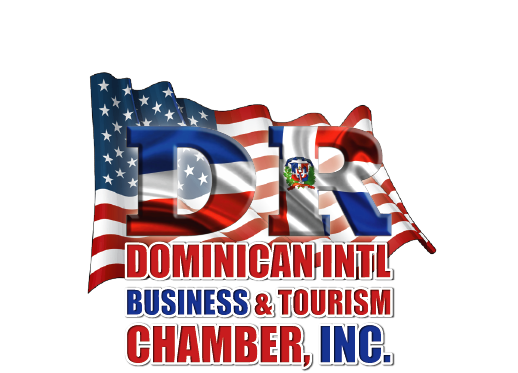Call us now:

When it comes to preparing for a weather emergency, a flashlight with fully charged batteries is a must. Know what else can make life after a storm easier? If your financial documents are up-to-date, in one place, and portable. Consider scanning your documents or moving them online so you have a digital record of them, as well.
Here’s a basic list of what to gather:
- Identification: Copies or originals of your driver’s licenses, medical insurance cards, Social Security cards, passports and birth certificates.
- ATM, debit and credit cards: For access to cash — and to pay for whatever you might need — including food, gas, and lodging.
- Emergency cash: It’s a good idea to have some cash on hand if ATMs and credit card processors aren’t working.
- Checkbook: Even if you rarely write checks, include your checkbook. That way you can pay by check or authorize an important payment over the phone.
- Insurance information: This includes policy numbers for your life, home, car, and flood insurance, as well as contact information for your insurance companies and agents.
- Contact information for your financial service providers: Make a list of the local and toll-free numbers for your bank, credit card companies, mortgage lender, brokerage firms and insurance companies.
- Digital information: Include usernames and passwords, and digital versions of your relevant personal, financial, and legal files on an electronic storage device.
- A spare key to your safe deposit box.
If you’re missing important documents, now’s the time to replace them. After you’ve gathered these items, store them in a safe, protected place. An easy-to-grab emergency financial kit will make sure you have access to important documents in case the unexpected happens to you.

